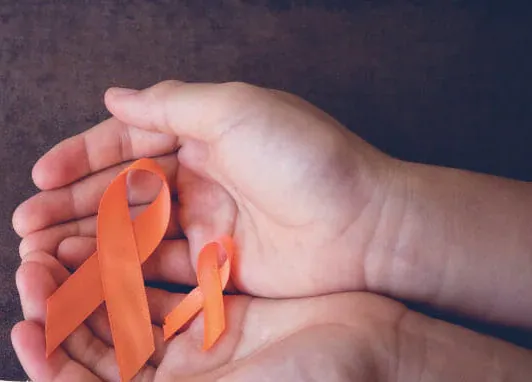#SelfInjuryAwarenessDay
Self-Injury Awareness Day on March 1 focuses on increasing education and support on a misunderstood problem.

What is Self Harm or Non-Suicidal Self Injury (NSSI)?
by Janet Pace, Crisis Counselor
Self-harm, or NSSI, is when a person harms their own body intending to seek temporary relief from emotional pain or overwhelmingly negative feelings. For some, NSSI gives a sense of control when life feels out of control.
NNSI is not the same as attempting suicide, and most individuals who engage in self-harming behaviors do not intend to end their lives; it is more of a coping mechanism and way of handling stress. However, individuals who self-harm can still be at risk for suicide.
The most common method of NSSI is cutting oneself with a sharp object, but scratching, burning, head-banging, hair-pulling, and punching oneself are other forms.
Self-harming behaviors most commonly begin during adolescence or early adult years. It is seen more often in females than males, and those at the highest risk have experienced trauma, abuse, or neglect.
For those who self-harm, a great deal of shame often makes matters worse; it is not done for attention-seeking purposes.
Although it is not the same as attempting suicide, NSSI should be taken seriously. Scars can become permanent, and the behaviors can become a dangerous cycle and long-term habit requiring emergency care. Self-harm is not uncommon, and there is help available. Contact a medical or mental health specialist if you or someone you know is struggling with self-harm. Many medications and therapies are used to decrease and/or eliminate self-harming behaviors. You can also call the NAMI Helpline at 800-950-6264 or call/text 988.



